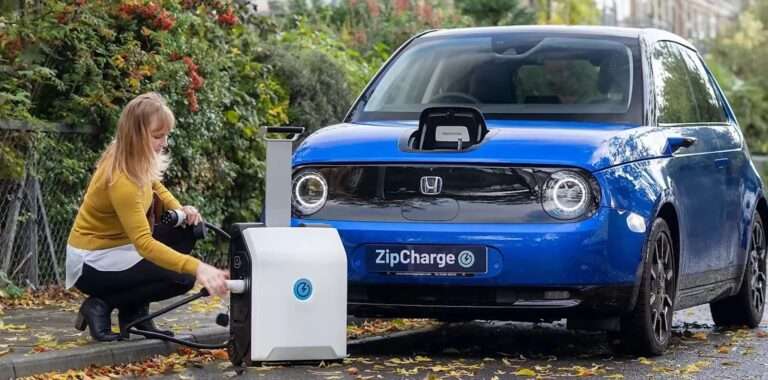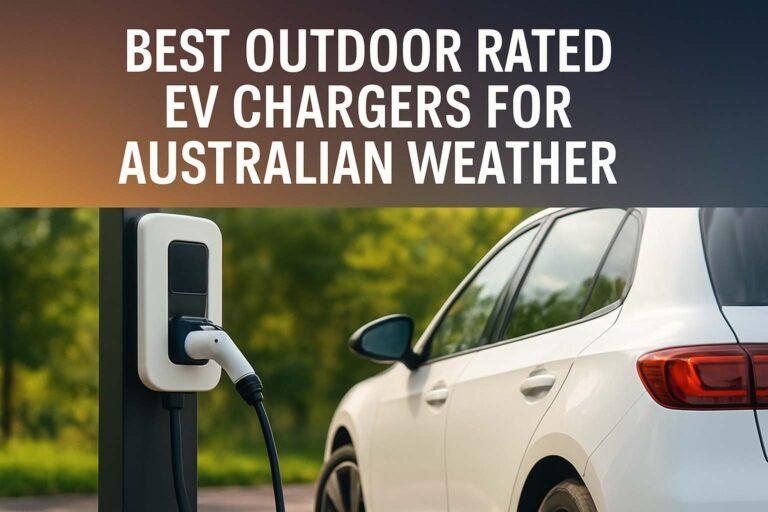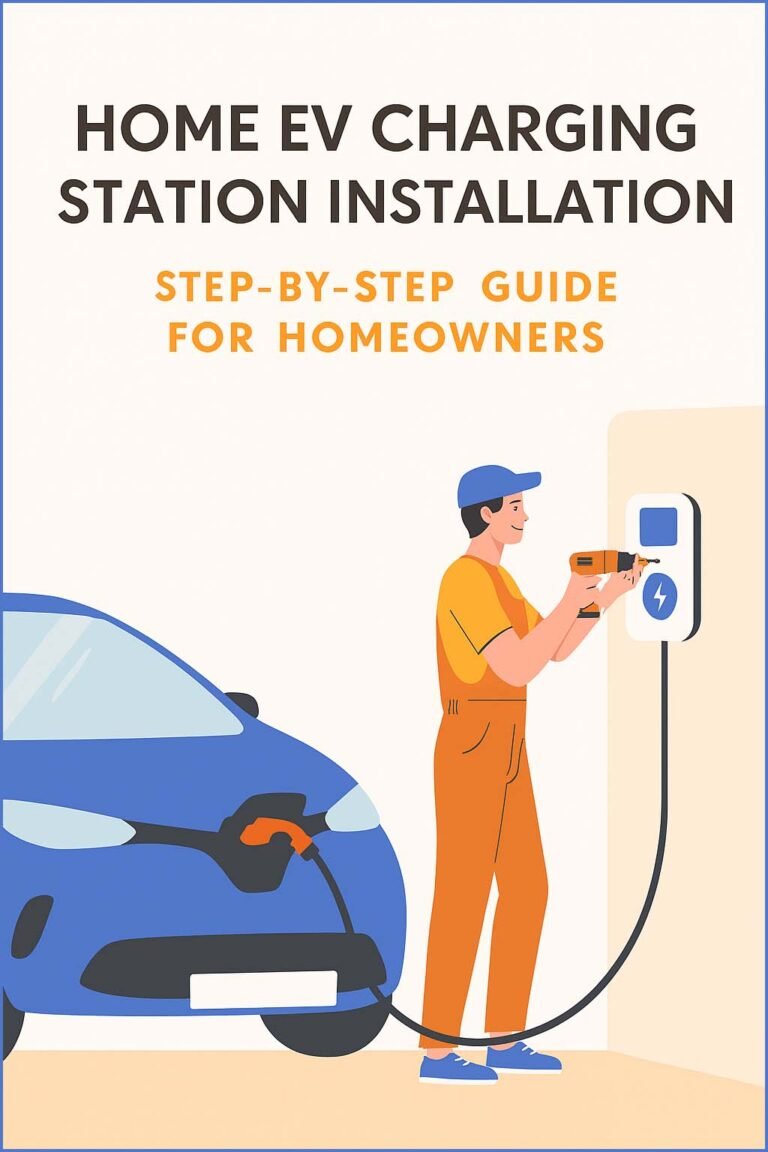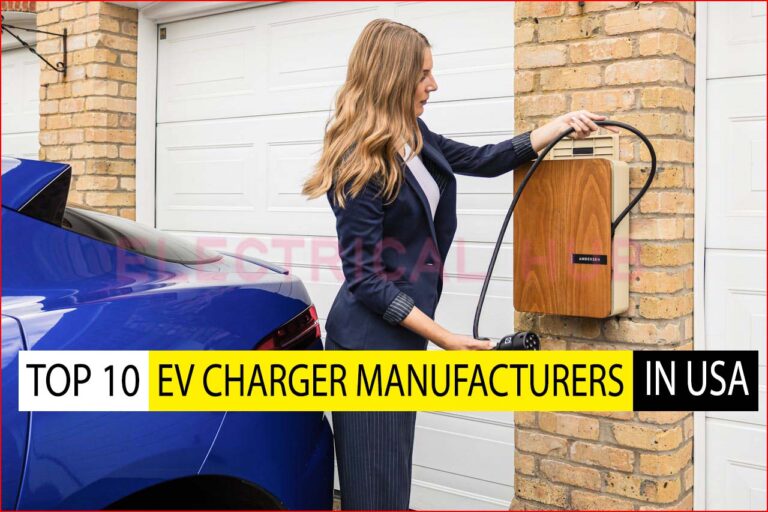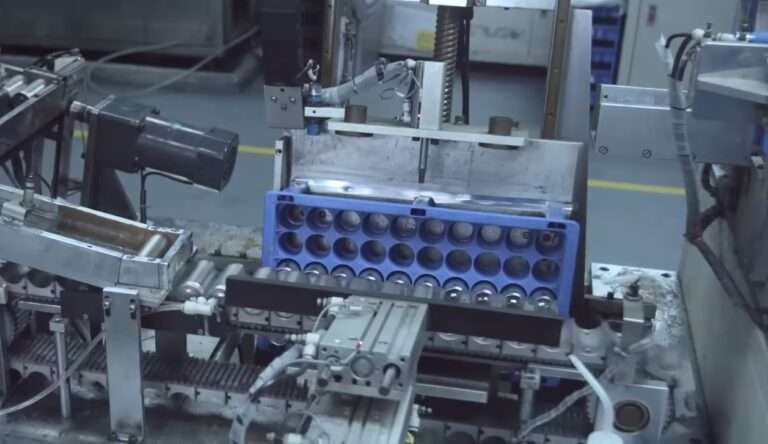Types of EV Chargers in Canada – Complete Guide
Electric vehicles (EVs) are becoming more popular in Canada every year. With federal and provincial incentives and a growing commitment to clean energy, more people are making the switch to electric cars. However, owning an EV requires access to reliable charging infrastructure.
This is where understanding the types of EV chargers in Canada becomes essential. Whether you are a new EV owner or planning to install a charging station, knowing the differences between charger types will help you make the right choice.
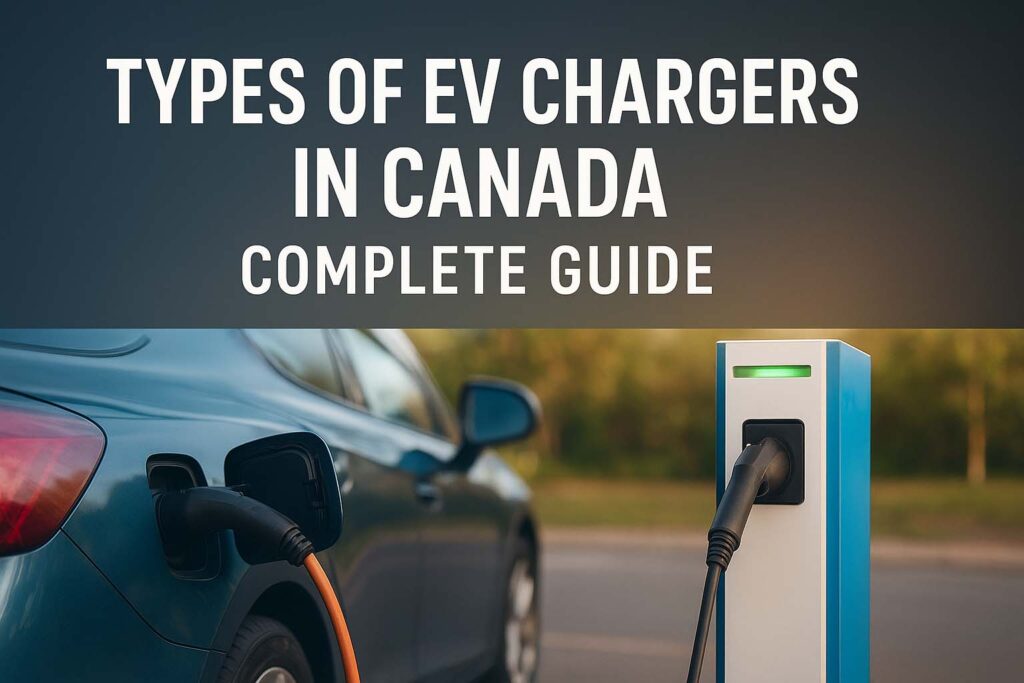
Canada has a diverse EV charging network. From slow home chargers to ultra-fast public stations, the options vary in cost, speed, and compatibility. These differences affect your driving experience, daily convenience, and even long-term savings.
Before diving into technical details, let’s look at the key takeaways for quick understanding.
Key Takeaways
- There are three main types of EV chargers in Canada: Level 1, Level 2, and DC Fast Chargers.
- Charging speed depends on power output, measured in kilowatts (kW), and the vehicle’s onboard charger capacity.
- Level 1 is slow and ideal for overnight home charging, Level 2 is the most common choice for home and public stations, and DC Fast Chargers are best for long trips.
- Different connectors are used: J1772 for Level 1 & 2, CCS and CHAdeMO for DC Fast Charging, and Tesla Supercharger for Tesla owners.
Now, let’s dive deep into each type and explore the technical insights that matter for Canadian EV owners.
Use our online tool for free Single Phase vs Three Phase EV Charger Load Calculator
Types of EV Chargers in Canada – Detailed Overview
When we talk about types of EV chargers in Canada, they are classified mainly by charging level and power output. These levels determine how quickly your EV battery charges. Let’s break them down one by one.
Level 1 EV Chargers in Canada
Level 1 chargers are the most basic type of EV charger in Canada. They use a standard 120-volt household outlet, which means they require no special installation. You can plug the EV into a regular wall socket using the cable provided with most electric cars.
Charging Speed:
- Power: Around 1.4 kW
- Time to charge: 8 to 20 hours for a full charge (depending on battery size)
When to use:
- Ideal for overnight charging
- Best for plug-in hybrids or EVs with small battery packs
- Suitable for users with short daily commutes
Pros:
- Cheapest option (no extra installation needed)
- Works anywhere with a 120V outlet
Know more about How to Calculate Load for Multiple EV Chargers in Apartment Buildings
Cons:
- Very slow charging speed
- Not practical for long trips or large battery EVs
Technical Note:
A Level 1 charger adds about 5-8 km of range per hour. For a car like a Nissan Leaf (40 kWh battery), a full charge can take 16+ hours.
Level 2 EV Chargers in Canada
Level 2 chargers are the most common type of EV charger in Canada for both home and public use. They use a 240-volt power supply, similar to what an electric dryer uses. Installing a Level 2 charger at home usually requires a dedicated circuit and professional installation.
Charging Speed:
- Power: 3.3 kW to 19.2 kW (most home units around 7.2 kW to 11 kW)
- Time to charge: 4 to 8 hours for a full charge
When to use:
- Ideal for daily EV users
- Great for overnight home charging or workplace charging
- Common at public stations in malls, offices, and parking lots
Pros:
- Faster than Level 1
- Works with almost every EV (uses J1772 connector in Canada)
Know more about 7kW EV Charger Cost
Cons:
- Requires installation and a 240V supply
- Higher cost than Level 1 chargers
Technical Note:
A Level 2 charger can add 30 to 50 km of range per hour. For a Tesla Model 3 (around 75 kWh battery), a full charge typically takes 8 hours at 11 kW.
DC Fast Chargers in Canada
DC Fast Chargers, also known as Level 3 chargers, are the fastest types of EV chargers in Canada. They deliver direct current (DC) power to the battery, bypassing the onboard charger for rapid charging. These stations are typically found on highways and major travel routes to support long-distance driving.
Charging Speed:
- Power: 50 kW to 350 kW
- Time to charge: 20 to 60 minutes for an 80% charge (varies by vehicle and charger)
When to use:
- Best for long road trips
- Useful for quick top-ups during travel
- Common in public charging networks like Petro-Canada, FLO, and Electrify Canada
Pros:
- Extremely fast charging speed
- Supports long-distance travel
Cons:
- Very expensive to install
- Not all EVs support DC fast charging
- Frequent use can impact battery health over time
Technical Note:
A 150 kW DC Fast Charger can add about 300 km of range in 30 minutes for compatible EVs. Tesla Superchargers can go up to 250 kW.
Know more about Portable EV Charger Level 2
Comparison Table: Types of EV Chargers in Canada
| Charger Type | Voltage | Power Output | Charging Speed | Best For |
|---|---|---|---|---|
| Level 1 | 120V | 1.4 kW | 8-20 hrs full charge | Short commutes, overnight charging |
| Level 2 | 240V | 3.3-19.2 kW | 4-8 hrs full charge | Daily use, home, workplaces |
| DC Fast Charger | 400-900V | 50-350 kW | 20-60 mins to 80% | Long-distance travel |
Connectors and Standards in Canada
Different EV chargers use different connector types. Understanding these is important when choosing a charger or traveling across provinces.
- J1772 Connector: Used for Level 1 and Level 2 charging in Canada. Almost every EV supports this.
- CCS (Combined Charging System): The most common connector for DC fast charging in North America.
- CHAdeMO: Older fast-charging standard, used by some Nissan and Mitsubishi models.
- Tesla Connector: Tesla uses its own proprietary connector for both home and Supercharging in Canada.
Cost of Different Types of EV Chargers in Canada
The cost varies significantly based on the charger type and installation.
| Charger Type | Hardware Cost | Installation Cost | Estimated Total |
|---|---|---|---|
| Level 1 | $0 (included with EV) | None | $0 |
| Level 2 | $500 – $1,500 | $500 – $2,000 | $1,000 – $3,500 |
| DC Fast Charger | $30,000 – $80,000 | $10,000+ | $40,000+ |
Public charging networks often provide DC fast chargers because of their high cost and complexity. For home use, Level 2 chargers are the most practical solution.
Know more about Best Portable EV Charger
Charging Network Coverage in Canada
Canada has a growing network of EV chargers, but availability depends on location. Urban areas like Toronto, Vancouver, and Montreal have dense coverage of Level 2 chargers and DC Fast Chargers. Rural and northern areas still rely heavily on Level 2 charging options.
Popular networks include:
- FLO Network – Large coverage across provinces
- ChargePoint – Common in public spaces
- Tesla Supercharger – Tesla owners only
- Electrify Canada – High-speed charging network for all EVs
Which EV Charger Type is Best for You?
Choosing the right charger depends on your driving habits, vehicle type, and budget.
- Level 1: Best if you drive short distances daily and have overnight parking at home.
- Level 2: Ideal for most EV owners in Canada. It offers faster charging without the high costs of DC Fast Chargers.
- DC Fast Charger: Necessary for businesses, fleets, or drivers who travel long distances frequently.
Government Incentives for EV Chargers in Canada
The Canadian government offers rebates for installing home and workplace charging stations. Some provinces like British Columbia and Quebec provide additional incentives. These programs can reduce installation costs significantly.
Future of EV Charging in Canada
The future looks promising as Canada plans to ban new gasoline car sales by 2035. More DC fast chargers will appear along highways, and home charging technology will become smarter and more affordable. Wireless charging and vehicle-to-grid (V2G) systems are also on the horizon.
Final Thoughts
Understanding the types of EV chargers in Canada is crucial for EV adoption. From slow Level 1 chargers to high-speed DC fast chargers, each has its role. For most Canadians, Level 2 chargers strike the best balance between speed, cost, and convenience. Public charging networks will continue expanding, making EV ownership easier than ever.
What are the different types of EV chargers in Canada?
EV chargers in Canada are mainly Level 1 (120V AC), Level 2 (240V AC), and DC Fast Chargers (400V+ DC), supporting connectors like J1772, CCS, CHAdeMO, and Tesla Superchargers.
What are the different types of EV chargers?
EV chargers are categorized as Level 1 (slow), Level 2 (medium), and Level 3 or DC fast chargers (rapid), based on power output and voltage.
What are type 1 and type 2 EV chargers?
Type 1 is a single-phase connector (commonly used in North America), while Type 2 is a three-phase connector (common in Europe) for AC charging.
What is the difference between CCS and J1772?
J1772 is for AC charging only, while CCS (Combined Charging System) supports both AC and DC fast charging with additional pins for higher power.
What are the three types of chargers?
Level 1 (120V AC), Level 2 (240V AC), and Level 3 (DC fast charging) are the three main EV charger types.
What is a PHEV?
A Plug-in Hybrid Electric Vehicle combines a gasoline engine with an electric motor and can be charged externally.
What is a type 3 EV charger?
Type 3 connectors were an early European design for AC charging but are now largely obsolete and replaced by Type 2.
What are the three types of charging?
Slow (AC, Level 1), Fast (AC, Level 2), and Rapid (DC, Level 3) are the main EV charging categories.
What is a type 4 EV charger?
There is no standard Type 4 connector; fast DC charging uses CHAdeMO or CCS instead.
Is Tesla charger Type 1 or 2?
Tesla uses Type 2 in Europe for AC and proprietary connectors in North America, but adapters are available for Type 1.
Is Type 2 charging AC or DC?
Type 2 is primarily for AC charging but can support DC in some configurations like CCS.
What are level 1, 2, and 3 EV chargers?
Level 1 uses 120V AC (slow), Level 2 uses 240V AC (faster), and Level 3 uses DC for rapid charging at 50kW+.
Do Tesla chargers use J1772?
Tesla chargers don’t use J1772 natively, but adapters allow Tesla vehicles to connect to J1772 chargers.
Follow Us on Social:
Subscribe our Newsletter on Electrical Insights for latest updates from Electrical Engineering Hub
#EVChargersCanada, #TypesOfEVChargers, #ElectricVehicleCharging, #EVChargingGuide, #EVChargingStations, #EVInfrastructure, #Level1Charger, #Level2Charger, #DCFastCharger, #EVChargingCanada, #GreenDriving, #SustainableTransport, #EVTechnology, #EVChargingSolutions, #ElectricCarsCanada

